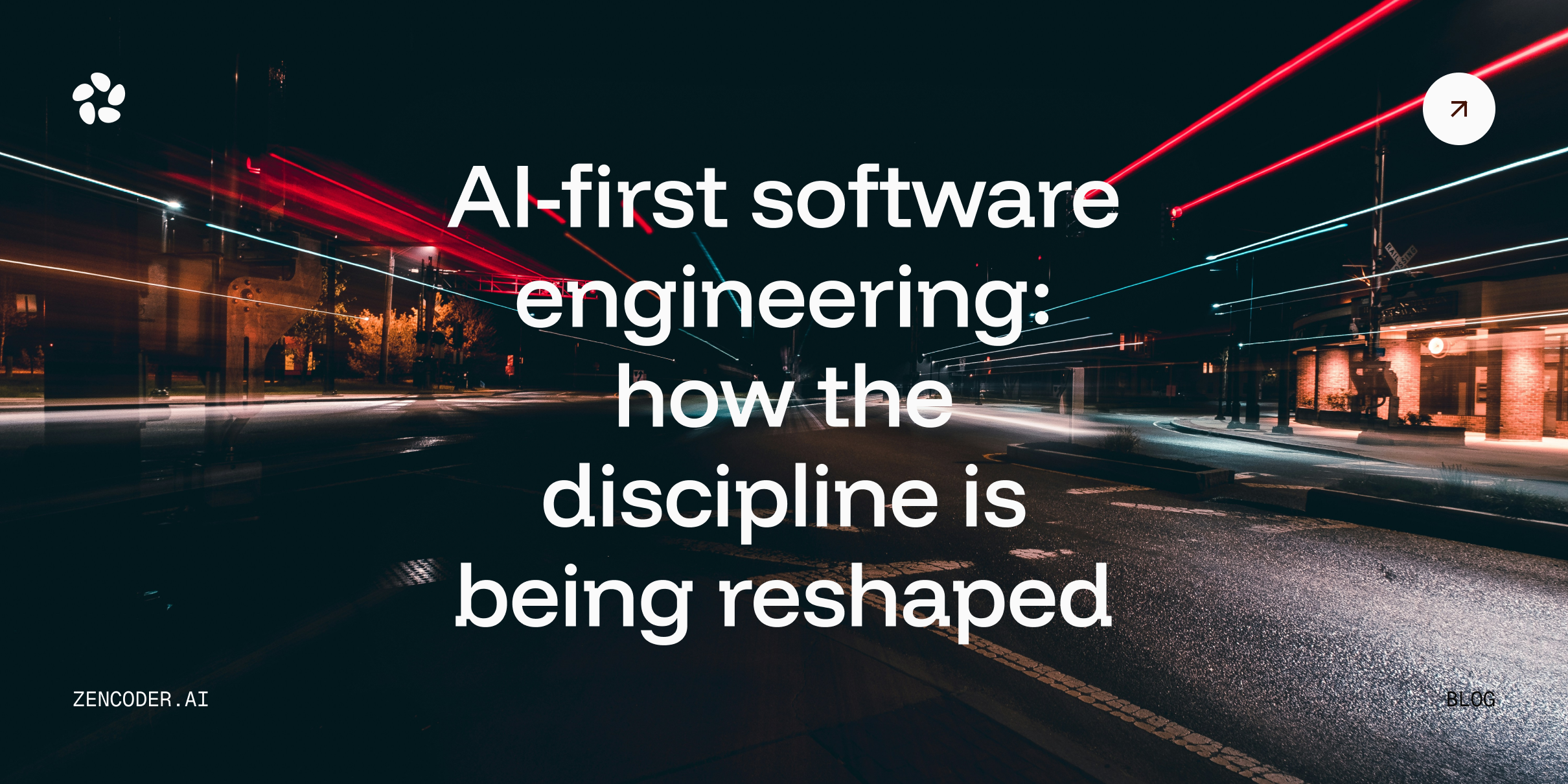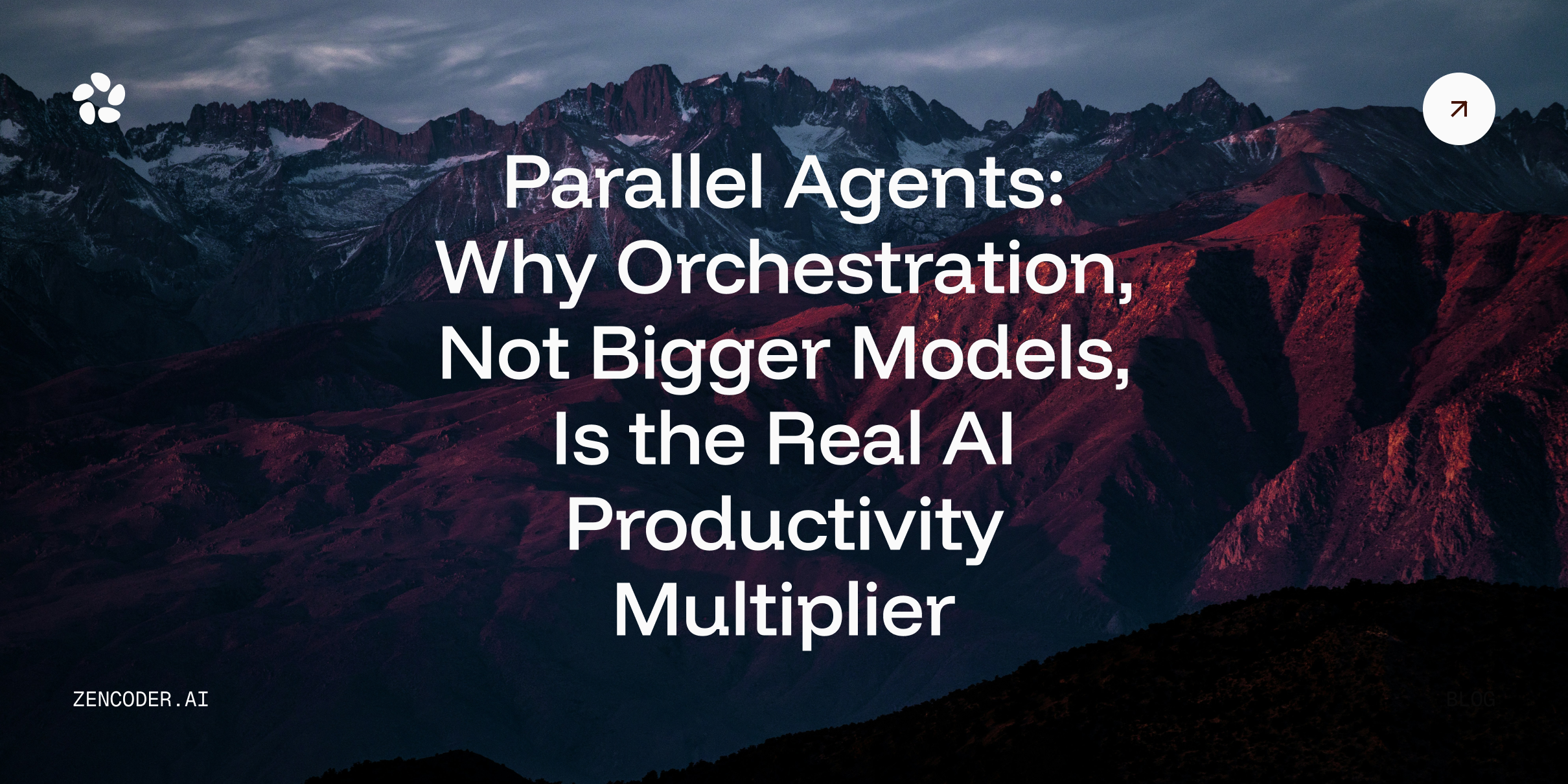In the labyrinth of modern healthcare, few roles are as crucial yet misunderstood as that of the medical coder. As artificial intelligence continues its relentless march into every corner of our lives, a question looms large: will AI take over medical coding?
Currently, medical coders are the unsung heroes of healthcare administration. They're the wizards who transform doctors' chicken scratch and complex medical jargon into neat little codes that make billing and record-keeping possible. But here's the kicker: it's a tough gig.
The Art and Science of Medical Coding: More Than Meets the Eye
Before we dive into the AI conundrum, let's appreciate the complexity of medical coding. Imagine translating Shakespeare into binary code while riding a unicycle. Now imagine doing that with the added pressure of knowing that a single misplaced digit could mean the difference between a hospital getting paid or facing an audit. Welcome to the world of medical coding.
Medical coders are the linguistic acrobats of healthcare, fluent in multiple coding languages - ICD-10, CPT, HCPCS - each with its own labyrinthine set of rules and guidelines. They don't just assign numbers to diagnoses; they interpret medical narratives, understanding the nuances of clinical documentation and translating them into a standardized format.
Consider this real-world scenario: A patient comes in with a "broken arm." Simple, right? Not so fast. Is it a fracture or a break? Open or closed? Which bone exactly? Was it the first visit or a follow-up? Each of these factors changes the code, and subsequently, the billing and statistical data. It's like playing detective, but instead of solving crimes, you're solving medical mysteries.
This level of complexity sets the stage for our central question: will medical coding be replaced by AI?
Enter AI: The New Kid on the Coding Block
As we ponder whether AI will take over medical coding, it's crucial to understand what AI brings to the table. Artificial Intelligence in medical coding isn't some far-off sci-fi concept; it's already here, making waves in the form of Computer-Assisted Coding (CAC) systems.
These AI-powered tools are like having a super-intelligent intern who never sleeps, never gets tired, and can process information at lightning speed. They use Natural Language Processing (NLP) to read through clinical documentation, picking out relevant diagnoses and procedures, and suggesting appropriate codes.
But AI's capabilities go beyond just speed. These systems can:
- Learn from patterns: Unlike traditional software, AI systems can identify trends and improve their accuracy over time.
- Handle volume: With the ever-increasing amount of healthcare data, AI can process vast quantities of information without breaking a sweat.
- Maintain consistency: AI doesn't have bad days or get distracted, ensuring a level of consistency that's hard for humans to match.
- Flag anomalies: Advanced AI systems can identify unusual coding patterns that might indicate errors or fraud.
Sounds impressive, right? It's no wonder that the question "Is medical coding going to be automated?" is on everyone's lips.
Will AI Replace Medical Coders? The Plot Thickens
Alright, let's address the elephant in the room: will AI replace medical coders? It's a valid concern, and if you're picturing a future where robots have kicked all the human coders to the curb, I don't blame you. But the reality is a bit more nuanced.
Yes, AI is transforming medical coding. But will AI replace medical coders entirely? That's akin to asking if GPS will replace taxi drivers. While GPS has certainly changed the game, the complexity of navigating real-world traffic, understanding local nuances, and providing a human touch means that taxi drivers are still very much in demand.
Similarly, while AI excels at processing straightforward cases and identifying patterns, it still struggles with the nuances that make medical coding an art as much as a science. Here's why:
- Context is king: Medical documentation often requires reading between the lines. A skilled coder can infer information that might not be explicitly stated, something AI still struggles with.
- The "human" in human body: Medicine isn't always black and white. Complex cases with multiple comorbidities or unusual presentations require a level of critical thinking that current AI can't match.
- The ever-evolving medical landscape: New procedures, treatments, and diagnoses are constantly emerging. Human coders play a crucial role in interpreting and coding these novel scenarios before they can be programmed into AI systems.
- Compliance and ethics: The healthcare industry is heavily regulated. Ensuring that coding practices comply with ever-changing regulations requires human oversight and judgment.
Consider this real-world example: A patient comes in with symptoms that could indicate either a common cold or the early stages of a rare tropical disease. The doctor's notes mention a recent trip to South America but don't explicitly connect it to the diagnosis. A human coder might pick up on this subtle connection and code accordingly, while an AI might miss this crucial context.
So, will AI take over medical coding jobs? It's more likely that we're heading towards a future where AI and human coders work in tandem, each leveraging their unique strengths.
Is There a Future in Medical Coding? Evolve or Become Extinct
For those wondering, "Is there a future in medical coding?", the answer is a resounding YES - but it's a future that requires adaptation. The integration of AI into medical coding doesn't spell the end of the profession; rather, it signals an evolution.
The medical coders of tomorrow won't be replaced by AI; they'll be empowered by it. Think of it as moving from being a calculator to being the mathematician who knows how to use the calculator to solve complex equations.
Future roles for medical coders might include:
- AI Trainers and Auditors: Who better to train and refine AI systems than those who understand the intricacies of medical coding?
- Complex Case Specialists: Focusing on the challenging cases that AI struggles to handle accurately.
- Compliance Experts: Ensuring that both human and AI coding practices adhere to the latest regulations.
- Data Analysts: Using coding data to identify trends and improve healthcare outcomes.
This evolution mirrors what we've seen in other industries. Just as the rise of Excel didn't eliminate accountants but changed their role, AI in medical coding will shift the focus of human coders to higher-level tasks.
Is Medical Coding Going to be Automated? The Partial Truth
Let's get real for a second. The idea that medical coding will be completely replaced by AI is about as likely as your doctor showing up to your next appointment in a superhero cape. Could it happen? Maybe. Is it likely? Not really.
Imagine a scenario where AI handles the bulk of routine coding, freeing human coders to focus on complex cases, quality assurance, and strategic analysis. This isn't just a pipe dream; it's already happening in forward-thinking healthcare institutions.
For instance, here are some statistics and insights uncovered by Cloud Destinations at HIMSS24 (Healthcare Information and Management Systems Society) about AI-assisted documentation in healthcare:
- AI-powered algorithms streamline workflows, enhance outcomes, and revolutionize healthcare delivery. Their AI systems achieved a 25% boost in operational efficiency and a 15% decrease in resource usage.
- Natural Language Processing (NLP) tools improve documentation accuracy, minimize errors, and expedite data analysis. The use of NLP has resulted in a 40% drop in documentation errors and a 30% acceleration in data analysis.
- NLP implementation also showed reduced documentation costs by 20% and improved data analysis accuracy by 25%.
As AI assisted scenarios like this become more widely used, coders are more often trained to oversee the AI system, handle complex cases, and use the newly available data to improve clinical documentation practices.
What we're more likely to see is a hybrid approach, where AI and human coders work together like peanut butter and jelly (or avocado and toast, if you're feeling fancy). Here's how it might look: AI tackles high-volume, routine coding tasks with speed and consistency.
- Human coders manage complex cases that require nuanced understanding.
- AI flags potential errors or unusual cases for human review.
- Human coders continuously train and refine AI systems.
The result? A coding process that's more accurate, efficient, and adaptable than either humans or AI could achieve alone.
Embracing the AI Revolution: Strategies for Success
So, how can medical coders prepare for this AI-augmented future? Here are some strategies:
- Embrace continuous learning: Stay updated not just on coding guidelines, but also on AI and healthcare technology trends.
- Develop your "human" skills: Focus on areas where humans excel - critical thinking, complex problem-solving, and interpersonal communication.
- Become an AI collaborator: Learn how to work with AI systems, understanding their strengths and limitations.
- Specialize: Consider focusing on complex areas of coding that are less likely to be fully automated, such as inpatient coding or specific medical specialties.
- Broaden your skillset: Look for opportunities to combine coding knowledge with other areas, such as data analysis or compliance.
Remember, the goal isn't to compete with AI, but to complement it. The most successful medical coders of the future will be those who can seamlessly integrate their human expertise with AI capabilities.
The Ethical Dimension: Navigating the Gray Areas
As we embrace the AI revolution in medical coding, we must also grapple with the ethical implications. Who's responsible if an AI system makes a coding error that leads to improper billing? How do we ensure that AI systems don't perpetuate biases that exist in current healthcare data?
These aren't just philosophical questions; they have real-world implications for patient care, healthcare costs, and public health research. Addressing these ethical challenges will require collaboration between medical coders, healthcare providers, AI developers, and policymakers.
Human coders will play a crucial role in this ethical landscape, serving as the conscience of the coding process and ensuring that the human element isn't lost in the pursuit of efficiency.
Conclusion: The Future is Collaborative
As we conclude our exploration of AI in medical coding, one thing is clear: the future isn't about AI versus human coders; it's about AI and human coders working together to elevate the field of healthcare documentation.
If you're in the medical coding field, or considering it as a career, here's my advice: embrace the change! Learn about AI, develop your problem-solving skills, and focus on the aspects of coding that require human insight. The coders who thrive in the future will be those who learn to dance with AI, not those who try to outrun it.
The future of medical coding is bright, exciting, and ripe with opportunity for those willing to evolve. It's not about survival of the fittest, but adaptation of the smartest. And in this dance between human and machine, the rhythm is just beginning.
As we stand on the brink of this new era, one thing is certain: the role of medical coding in healthcare will remain vital, evolving to meet the challenges and opportunities of the AI age. The future of medical coding isn't just about surviving the AI revolution - it's about thriving in it.
So, will AI take over medical coding? Perhaps the better question is: how will you, as a medical coder, shape the future of AI in healthcare documentation? The stage is set, the AI assistant is ready, and the future is waiting to be coded. Are you ready to write the next chapter?


_%20The%20Engineering%20Method%20AI%20Needed%20(1).webp)
